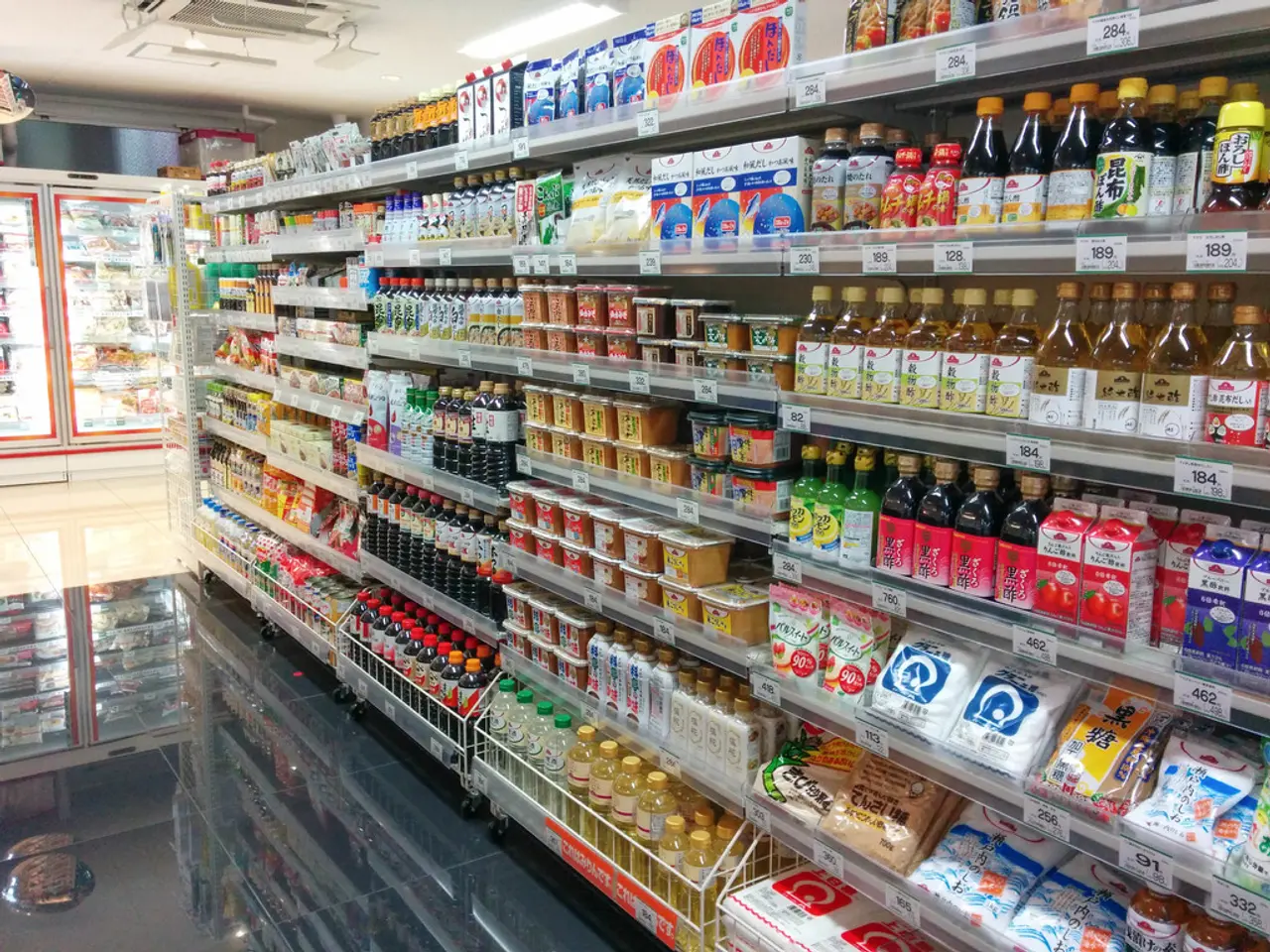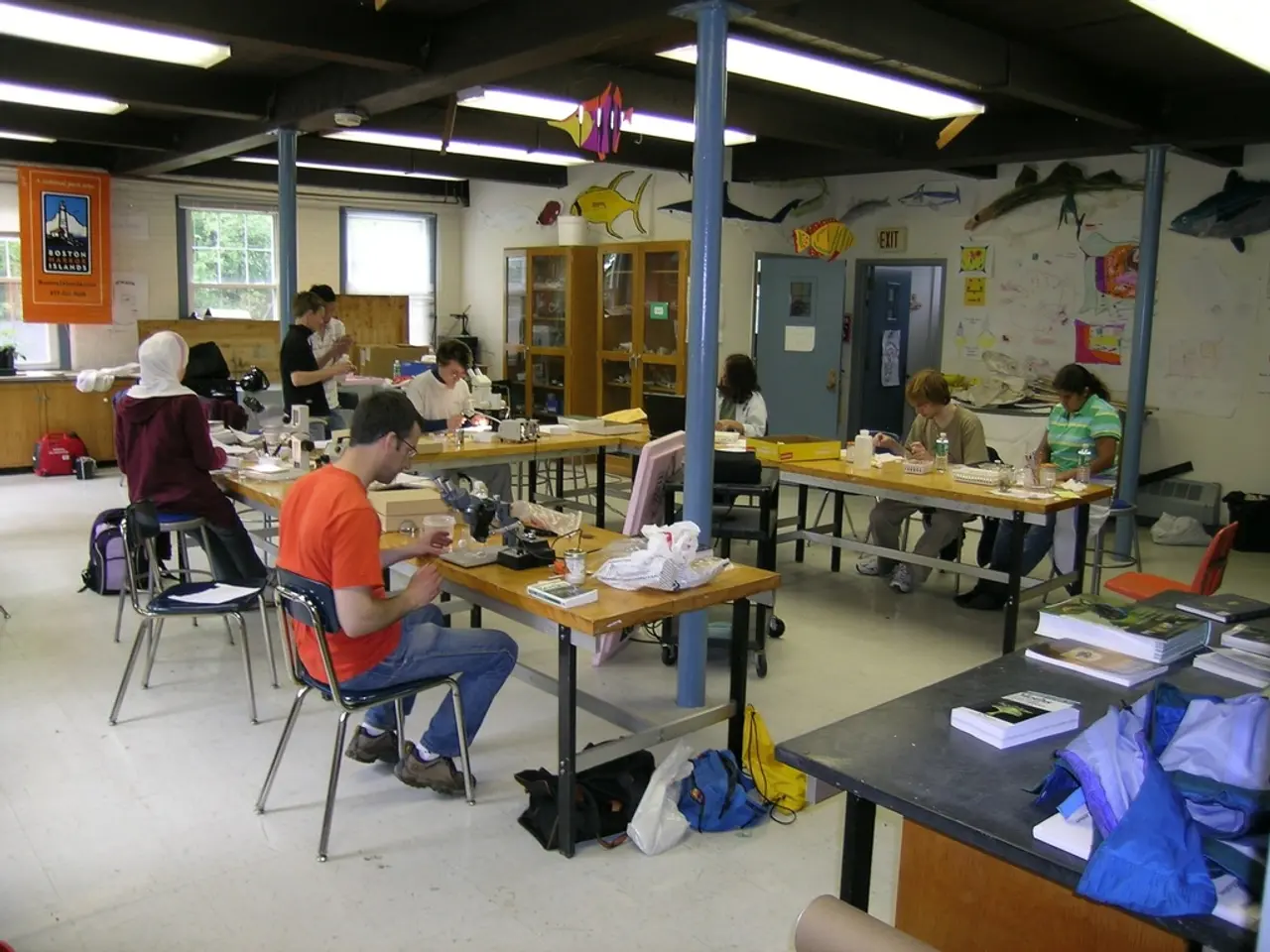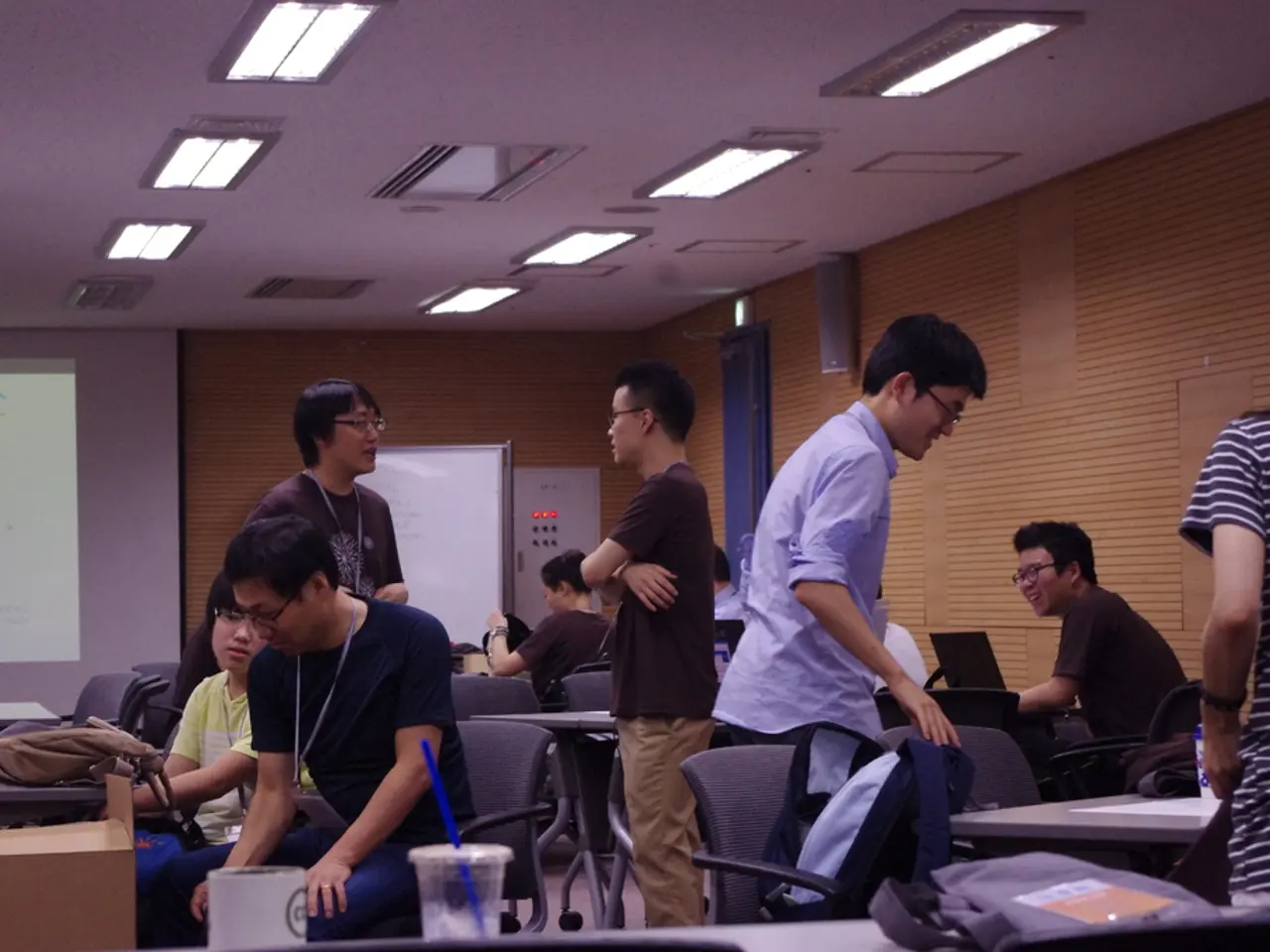Launching Your Startup in 2025: Identifying Africa's Prime Tech Locations
In the dynamic landscape of global entrepreneurship, African tech hubs are making a significant mark. With a collective funding of around $2.8 billion in 2024, these hubs are attracting attention and investment from around the world.
Currency volatility poses a challenge for U.S. entrepreneurs in Africa, but cities like Ghana's Accra, where the cedi lost nearly 54% of its value against the U.S. dollar in 2022, and Kenya's Nairobi, where the shilling depreciated by about 15% in 2023, continue to offer unique opportunities.
Navigating these markets requires solid legal agreements and direct consultation with regulatory authorities. But once established, the rewards can be substantial.
Johannesburg, South Africa, for instance, is ranked as the country's top startup city. It excels in fintech, edtech, healthtech, and logistics, thanks to growing early-stage funding, a vibrant community of founders, strong urban infrastructure, and public-private collaboration.
Lagos, Nigeria, is the continent's fintech powerhouse, hosting over 500 active fintech startups within a $9.8 billion ecosystem. Known for its mature tech ecosystem, large market size, robust funding, and highly connected startup events, Lagos fosters innovation and scale-ups.
Nairobi, Kenya, leads in agritech and healthtech startups, with a thriving ecosystem supported by access to growth capital, a strong talent base, and government support that promotes innovation in agriculture and healthcare technology solutions.
Cape Town, South Africa, offers strengths in clean energy and artificial intelligence (AI) startups, combining a dynamic startup culture with proximity to research institutions and investment.
Cairo, Egypt, is rapidly emerging as a hotspot for fintech and proptech startups, supported by a growing market, favorable policies, and increasing investment.
Accra, Ghana, is becoming a hub for startups focused on AI, agtech, and medtech, thanks to its policy friendliness and growing entrepreneurial support.
Lastly, Kigali, Rwanda, though smaller, presents a strategic hub for clean tech startups due to its streamlined business processes and government emphasis on renewable energy.
Each of these cities leverages unique market conditions, industry focus, investment inflows, infrastructure, and policy support, tailoring their environments to specific sectors such as fintech, agritech, healthtech, clean energy, AI, and proptech.
In Kigali, the government is actively backing this transition with supportive policies, financial incentives, and collaborative partnerships. The cornerstone of Kigali's vision is Kigali Innovation City, a $300 million initiative featuring top universities, office spaces, and incubators. Kigali has over 55 funded companies and has completed 80 investment deals with total funding exceeding $1 billion.
Building strong relationships on the ground, engaging with regulators, learning the nuances of local markets, and fostering trust are critical steps in Africa. Compliance with local regulations, including data protection rules and tax, VAT, and employment laws, is crucial for success in African markets.
Despite the challenges, the funding scene in Africa is rapidly progressing, making it an exciting space for both entrepreneurs and investors. A standout example is BasiGo, which secured $10.9 million in 2021 to develop an electric bus solution in Kenya.
Tailoring solutions to meet local needs, rather than simply importing foreign business models, can help overcome market challenges in Africa. Stablecoins now make up around 43% of sub-Saharan Africa's total crypto transaction volume, offering a cost-effective way to handle cross-border payments and improve liquidity.
As Africa continues to grow and innovate, it's clear that these tech hubs will play a crucial role in shaping the future of entrepreneurship on the continent.
- African tech hubs, such as those in Accra, Ghana, and Nairobi, Kenya, offer unique opportunities for entrepreneurs, despite currency volatility, due to their distinct market conditions and industry focus.
- Johannesburg, South Africa, is renowned for its excelling fintech, edtech, healthtech, and logistics startups, attributable to growing early-stage funding, a vibrant founder community, strong urban infrastructure, and public-private collaboration.
- Lagos, Nigeria, is recognized as the continent's fintech powerhouse, hosting over 500 active fintech startups within a $9.8 billion ecosystem, distinguished by its mature tech ecosystem, large market size, robust funding, and startup events.
- Nairobi, Kenya, leads in agritech and healthtech startups, with a thriving ecosystem supported by access to growth capital, a strong talent base, and government support that promotes innovation in agriculture and healthcare technology solutions.
- In Kigali, Rwanda, clean tech startups thrive due to streamlined business processes, government emphasis on renewable energy, and the $300 million Kigali Innovation City initiative that features top universities, office spaces, and incubators.
- In the landscape of global entrepreneurship, African tech hubs, like Cairo, Egypt, Cape Town, South Africa, and Accra, Ghana, each tailor their environments to specific sectors like fintech, agritech, healthtech, clean energy, AI, and proptech, while prioritizing compliance with local regulations and fostering trust for success.




